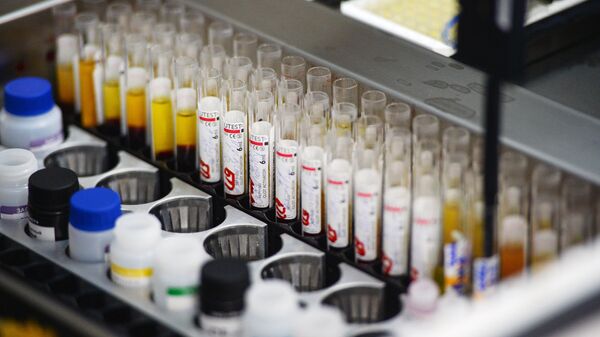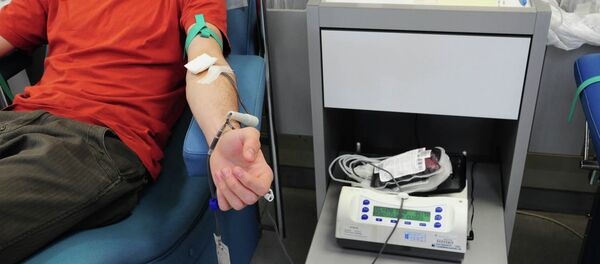The Hong Kong Red Cross Blood Transfusion Service claimed that the policy change — which will go into effect on September 25 — is based on scientific research and a belief that the requirement would increase the safety of the regions blood supply.
Many countries have a lifetime ban on blood donations from men who have sex with other men, guidelines primarily put in place when HIV testing technology was in the process of being invented and had not yet demonstrated peer-reviewed reliability.
HIV testing has improved to the extent that blood donation bans from men who have had sex with other men are considered to be discriminatory, particularly in light of the "alarmingly low" levels of available blood supplies in local blood banks, according to the South China Morning Post.
As marked improvements in testing technologies have been noted globally, many observe that blood donation bans regarding sexual preference are not based in science.
"With the advancement of science and technology, testing donated blood for HIV is now sophisticated," commented AIDS Concern, a local Hong Kong NGO.
"The window period of virus infection [when the virus cannot be detected] is just six days, which has substantially mitigated the risk of HIV transmission during the window period in blood donation," the group's statement added.
In July, the UK changed the country's blood donation guidelines to allow men who have sex with men to donate only upon waiting three months after their most recent sexual activity.


